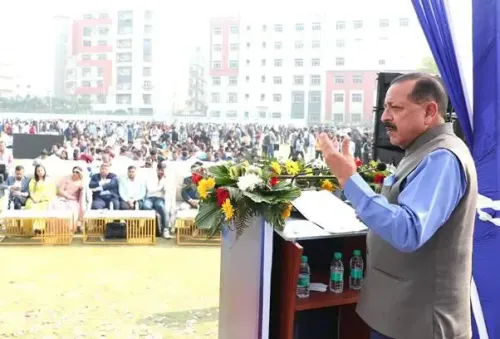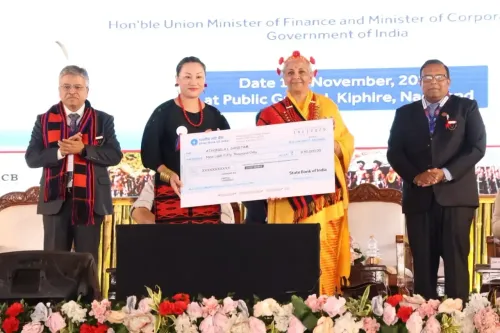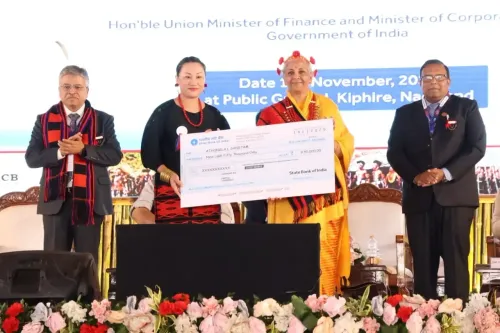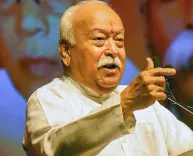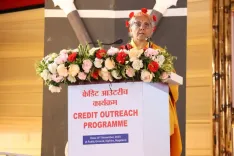How is GST without ITC Affecting India's Tourism Sector?
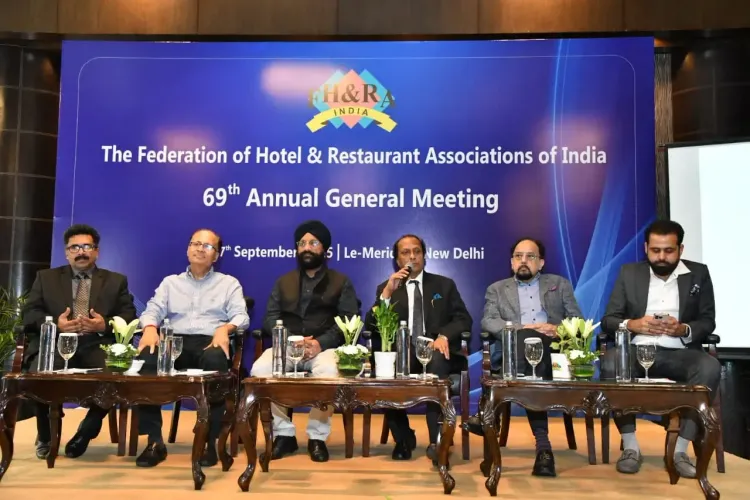
Synopsis
Key Takeaways
- 90% of hotels operate below Rs 7,500 tariff.
- GST at 5% without ITC increases costs.
- Investment in tourism is threatened by rising expenses.
- FHRAI calls for immediate reinstatement of ITC.
- Copyright harassment needs government intervention.
New Delhi, Sep 27 (NationPress) The latest adjustments in GST rates are part of an ongoing initiative to streamline taxation for the benefit of consumers, enhance compliance, and foster growth. However, this has inadvertently resulted in increased expenses for guests and imposed significant cost challenges on hotels, especially those located in Tier II and Tier III cities, according to Surendra Kumar Jaiswal, the newly elected President of the Federation of Hotel and Restaurant Associations of India (FHRAI).
Approximately 90 percent of India’s hotels are priced below a room tariff of Rs 7,500 and are now liable for a Goods and Services Tax (GST) of 5 percent without the option of Input Tax Credit (ITC).
He emphasized that the removal of ITC has led to mounting unrecoverable expenses related to rentals, utilities, outsourced labor, and capital investments, which deters investment and jeopardizes the growth of domestic tourism.
FHRAI has urged the government to promptly reinstate ITC and issue a clear circular to eliminate compliance uncertainties.
“Our sector is among the largest providers of employment and a crucial component of India’s service economy. Yet, the GST structure without ITC has created disparities that threaten our competitive edge,” stated Jaiswal.
“We are not asking for favors but rather for fairness, clarity, and equality. By reinstating ITC, resolving copyright ambiguities, and granting Infrastructure and Industry Status, the government can empower the hospitality sector to aid in achieving the vision of Viksit Bharat 2047 and affirm India’s rightful status as a global tourism leader,” he added.
In addition to GST concerns, the FHRAI president also highlighted ongoing issues of copyright harassment, where various societies demand overlapping royalties, placing unjust legal and financial strains on hotels and restaurants.
He called on the government to clearly define the roles of copyright societies, prevent duplicate collections for the same content, and protect establishments from wrongful lawsuits.
FHRAI, which represents over 100,000 hotels and 500,000 restaurants across the nation, brought urgent attention to the policy challenges facing India’s hospitality sector during its 69th annual general meeting held here.


